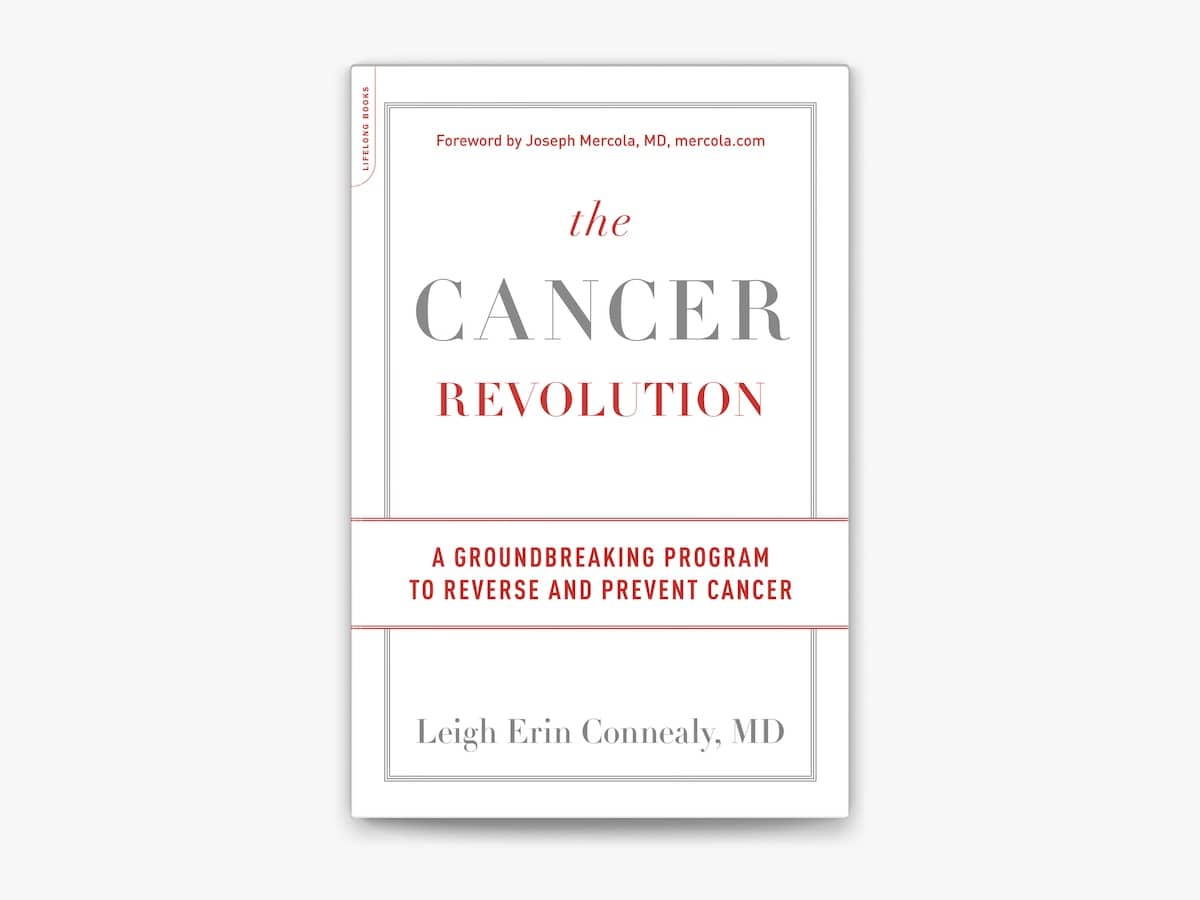Let’s be honest, cancer is expensive. The financial burden of a cancer diagnosis, especially metastatic cancer, can devastate a family’s savings. From the cost of treatments and medications to lost income and out-of-pocket insurance expenses, managing cancer care often feels overwhelming. Yet, there’s a little-known secret no one is talk about, and it’s a game changer for cancer financial assistance, your life insurance policy.
Let’s explore how cancer costs add up—and how tapping into your life insurance through a viatical settlement could offer financial relief.
The True Cost of Cancer Treatment
Treatment Costs: Beyond Chemotherapy and Radiation
Cancer treatments range widely depending on the type and stage of cancer, but they are all costly. Chemotherapy alone can cost $10,000 to $100,000 annually, while cutting-edge immunotherapy options like CAR T-cell therapy can surpass $400,000 for a single treatment course. Radiation therapy averages around $9,000 to $12,000 per session, and patients often require multiple sessions.
These figures don’t account for integrative cancer treatments, such as hyperbaric oxygen therapy, nutritional IVs, or alternative care options. These therapies, often not covered by insurance, add tens of thousands more to the bill.
For patients with advanced-stage cancers, clinical trials may offer hope for innovative treatments. While these trials may provide free access to cutting-edge therapies, the out-of-pocket travel and lodging expenses can total $5,000 to $10,000.
Medications and Out-of-Pocket Insurance Costs
Cancer medications present another financial hurdle. For instance, targeted therapies like Herceptin (for breast cancer) can cost $70,000 annually, while newer drugs may exceed $10,000 per month. Even with insurance, high deductibles, copayments, and coinsurance quickly pile up, leaving families responsible for $5,000 to $15,000 annually in out-of-pocket expenses.
Medicare recipients face similar challenges, as many plans have gaps in coverage for oncology treatments and associated medications. Patients often resort to credit cards, loans, or personal savings, compounding their financial stress.
The Hidden Costs: Income Loss and Caregiver Expenses
The Impact of Lost Wages
Cancer often sidelines patients from work, leading to lost income. Studies show that patients with cancer lose an average of $21,000 in annual income due to treatment schedules, hospital visits, and recovery time. For families already struggling to meet rising expenses, this loss can push them into financial ruin.
Caregivers also face challenges. Many spouses or family members reduce work hours or leave their jobs altogether to provide care. This unpaid labor, while critical, represents yet another financial hit.
Beyond lost wages, many cancer patients and caregivers encounter long-term impacts on their financial stability. Retirement savings are often depleted, and mortgage or car payments may be delayed, causing a ripple effect on their future financial security.
Nutrition and Mind-Body Health: Vital but Overlooked Expenses
The Cost of Proper Nutrition
A cancer diagnosis often requires dietary changes. Patients may need organic, nutrient-rich meals, supplements, and protein shakes, which can cost $300 to $500 per month. Specialized diets, like ketogenic or plant-based cancer protocols, may also require costly consultations with nutritionists.
Some patients seek personalized meal delivery services tailored to their specific dietary needs. These services, though convenient, can range from $200 to $600 monthly depending on the level of customization.
Mind-Body Therapies: Healing the Whole Person
Stress reduction is a crucial part of cancer care, and therapies like acupuncture, yoga, meditation, and psychotherapy are increasingly recommended. However, these services are rarely covered by insurance. Weekly sessions with a therapist, for example, may cost $100 to 1,000 to $2,000 annually.
Emerging therapies, such as biofeedback, guided imagery, and sound healing, are gaining traction for their ability to support mental health and physical recovery. While effective, they often come at a steep cost, with sessions ranging from $75 to $150 each.
How Your Life Insurance Can Help Pay For Cancer
The Viatical Settlement Lifeline
A viatical settlement allows you to sell your life insurance policy to a third party in exchange for a lump-sum payment. This option is especially valuable for those with advanced or terminal cancers, as it provides immediate cash to cover pressing financial needs.
Here’s how it works:
- Qualify: Most viatical settlement companies require a diagnosis of a chronic or terminal illness.
- Appraise: The value of your policy is assessed based on the death benefit, premiums, and your life expectancy.
- Sell: You receive a lump-sum payment, typically 50% to 80% of your policy’s face value, which you can use however you choose.
- To Get Started with a Viatical Settlement Click Here or Call 844-440-7355
Benefits of a Viatical Settlement
- Pay for Treatments: Cover the cost of experimental or integrative therapies not covered by insurance.
- Eliminate Debt: Erase medical bills, credit card debt, or mortgage payments.
- Reduce Stress: Provide peace of mind by ensuring your family’s financial stability.
Viatical settlements also allow patients to explore opportunities they might not otherwise afford, such as relocating to access top-tier cancer treatment centers or spending quality time on bucket-list experiences with loved ones.
Real-Life Viatical Settlement Example: A Financial Lifeline
When Lisa, a 54-year-old metastatic breast cancer patient, realized her insurance wouldn’t cover her integrative cancer treatments, she turned to a viatical settlement. By selling her $500,000 life insurance policy, she received $300,000—enough to pay for her care, hire a part-time caregiver, and cover household expenses.
Lisa’s story illustrates how viatical settlements can bridge the gap between overwhelming costs and accessible care.
For others, a viatical settlement has meant affording specialized out-of-state treatments or participating in clinical trials that once seemed out of reach. These life-changing opportunities underscore the flexibility and empowerment a viatical settlement offers.
Questions to Consider Before Selling Your Policy
While viatical settlements can be lifesaving, they are not for everyone. Here are some key considerations:
- Do You Have Other Assets? Selling your policy may not be the best option if you have sufficient savings or other resources.
- How Will It Affect Your Beneficiaries? Remember that your family won’t receive the policy’s death benefit after the sale.
- Is the Lump Sum Enough? Ensure the amount you receive will cover your anticipated expenses.
- To Learn More Visit Cancer Care Financial Here or Call 844-440-7355
Patients should also consult a financial advisor or legal expert to weigh the long-term impact of this decision.
Navigating the Cancer Financial Road Ahead
Dealing with cancer is hard enough without the added stress of financial strain. Whether you’re facing mounting medical bills, loss of income, or the need for caregiver support, there are solutions. A viatical settlement can provide the funds necessary to focus on what truly matters—your health and well-being.
If you’re considering this option, reach out to Cancer Care Financial to learn more. We specialize in helping patients explore financial solutions to fund their cancer care. Cancer may be expensive, but you don’t have to face it alone.
With the right resources, hope can turn into action, and challenges into solutions. Don’t let financial hurdles define your cancer journey—take charge today.







